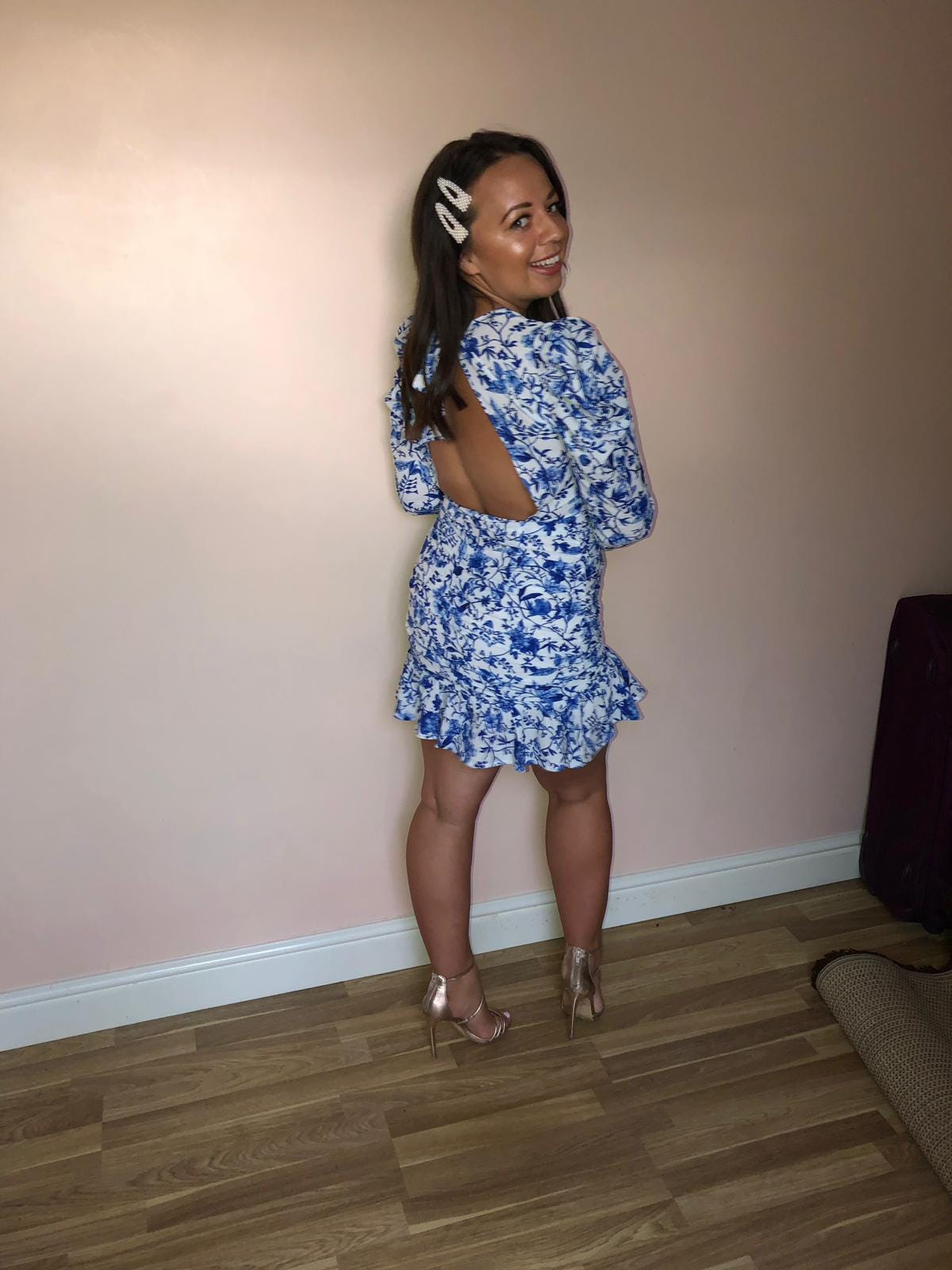Josie Copson: “I feel imposter syndrome over being Black”
The journalist on how her adopted mother’s identity has impacted her own

Hi, welcome back to Mixed Messages! This week, I speak to journalist Josie Copson, who is of Black and White British heritage. Josie’s mixed-race mum was adopted by a white family and has never been sure of her exact mix. I wanted to speak to Josie about what impact this has had on her own identity.
How would you define your ethnicity?
I don’t know much about my mix. My mom was fostered by a white family and she doesn’t know her birth parents, but we know she’s part-Black because of her appearance. I once asked her how she found out she was adopted and she just looked at me. All we know is that her dad was Black and her mom was white.
Did she ever question her heritage?
She just accepted her situation, but I’ve noticed that she does certain things Black women don’t tend to do. She washes her hair everyday and neither of us knew about silk bonnets until I watched This Is Us. I feel like she knows who she is, but her identity is based on her family now rather than her past.
Do you wish you knew more about her heritage?
I do feel jealous of people that know their whole heritage. I go through phases of really wanting to know more about where I’m from, and when I took part in Mixed Race Faces, I felt really left out that I couldn’t share my heritage in the same way as the other people in my session. Black people often recognise that I’m part-Black and will ask where I’m from, but I just feel my story is too awkward to explain.
I have to respect that my mom is focused on the present and accept that I’ll probably never know, but it’s a weird situation to not know ‘what’ you are. I don’t feel like I fit as either Black or white.
Do you ever feel imposter syndrome about your Blackness?
I don’t feel like I can call myself white, but I feel like I’m showing off when I say I’m mixed-race. I wonder if I can even call myself mixed-race when I don’t know my mix. I feel like if I was more a part of Black culture and my mom knew her family, it might be easier to be mixed-race. I guess when it comes down to it, it’s important to me that I acknowledge my mixed-race heritage, because both my mom and dad are important to who I am.
Have you felt more of a responsibility to speak about your Blackness lately?
I’ve really questioned my place in social justice movements like Black Lives Matter lately. I’ve felt like I should say something for my small following on Instagram, but I didn’t know how to phrase it. I didn’t want people to think that I was jumping on the bandwagon with my 25%, but at the same time you want to show that you support the battle.
Have the terms you used to define yourself changed growing up?
Definitely. I didn’t realise when I was younger how bad terms like quarter-caste and half-caste were until my mom told me. I also used to be that person who says ‘mixed-race boys’ are their type.
When Kanye and Jay Z’s N**as In Paris came out, I used to refuse to dance to it at clubs and storm off the dancefloor. People might have thought that was weird, but it was my way of trying to claim my identity and do the right thing, but I don’t think it came out right.
If you could sum up your mixed experience in one word, what would it be?
Varied.
Next week, I’ll be talking to former Desi Rascals star, Jason Lowe. Subscribe to get Mixed Messages in your inbox next Monday!
Mixed Messages is a weekly exploration of the mixed-race experience, from me, Isabella Silvers. My mom is Punjabi Indian (by way of East Africa) and my dad is White British, but finding my place between these two cultures hasn’t always been easy. That’s why I started Mixed Messages, where each week I’ll speak to a prominent mixed voice to delve into what it really feels like to be mixed.






As a mixed race adoptee who was raised in a white family, this piece really resonated with me. I wasn't given any information regarding my heritage so I had to guess. A lot of people told me they thought I was mixed race but I am very light so whilst I thought there must have been some mixing along the way, I assumed it would be Hispanic or something else. But I did know for certain I wasn't 100% white. When you talked about identifying as mixed race without knowing the mix - that really resonated with me.
I've been lucky enough to recently find my biological family and get the answers I needed but, even now knowing my black/white mix, it still raises questions for me about a sense of identity when you have been adopted and nature/nurture. It is hard not being 'black enough' and not being 'white enough' and this is why I'm so thankful articles like this are written.